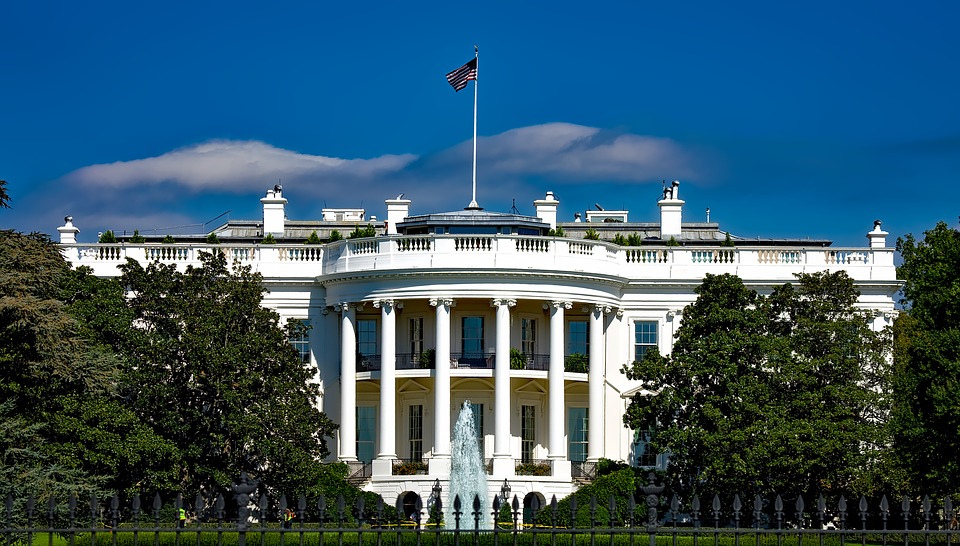
The IMF and World Bank have dropped a pledge to fight trade protectionism in a move that many will see as a ‘sign of the times’.
While international finance communities such as the IMF will continue to promote global trade, they will also now seek to ‘work together’ to reduce trade deficits and current account imbalances through what it describes as ‘appropriate policies’.
The move is undoubtedly a result of a period of political realignment following the political shockwaves of Brexit and the Trump presidency. The Trump administration is looking to impose more reciprocal trading arrangements and has even threatened to impose tariffs on countries that have a trade surplus with it – including China and Germany - read more.
Will this have an impact on growth?
Despite what many have described as a period of political upheaval, the IMF actually recently raised its global growth forecast for this year. It now expects 3.5% growth in 2017, up from January’s 3.4% prediction, but the predictions come with plenty of caveats.
The IMF have issued warnings for 2018 and beyond with the assessment that the international economic relations that have fuelled growth since WWII are leading to aggregate but uneven rewards and costs.
More reciprocal trade on the cards
Speaking at the closing of the Spring meetings, US Treasury Secretary Steven Munchin said that President Trump “believes in reciprocal trade deals and reciprocal free trade”, while Mexican central bank chief Agustin Castens said that ‘protectionism’ was an ‘ambiguous’ word and called for creating a more ‘positive’ and fairer system for international trade going forwards.
What could be the impact for the UK’s exporters?
Should tariffs be introduced for UK businesses by countries the UK has a trade deficit with, this will increase both the costs and time needed to export goods and services to that country.
In terms of the UK-US trade deficit, there is some uncertainty as to whether the UK has a deficit or a surplus with the US. Major US politicians have given positive sounds regarding a potential UK-US trade deal following the UK’s proposed withdrawal from the EU, but given Trump’s clear protectionist policies, the future terms by which UK exporters will be able to sell into the US remain unclear.
It is clear that in this time of uncertainty in world trade, exporters need to keep an eye out for major developments in trade deals and political attitudes towards trade.


